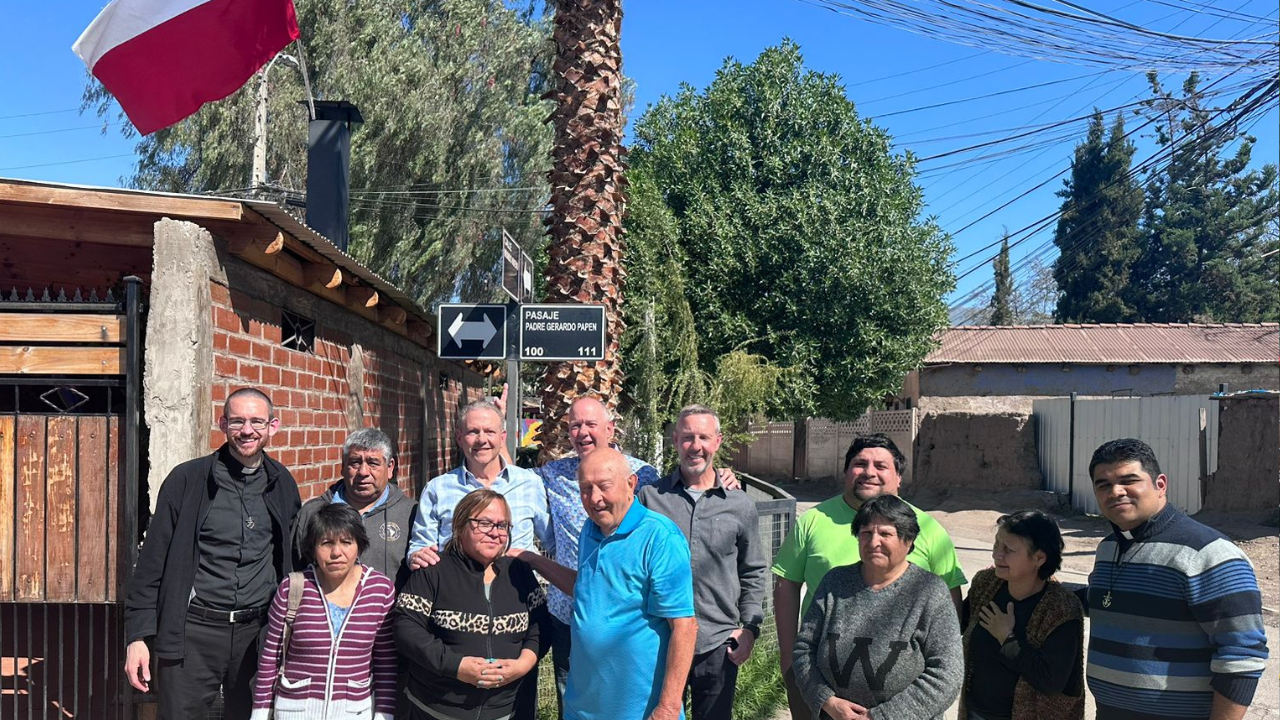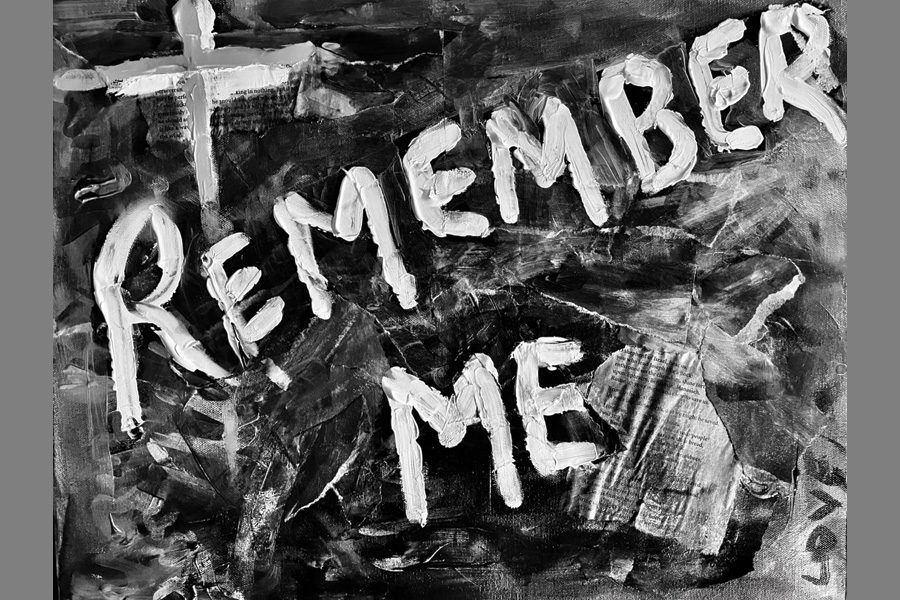During our orientation retreat for our men in formation in Chile this year, we watched a famous Chilean film called “No.” It portrays the end of the dictatorship of Augusto Pinochet in 1988 when international authorities demanded that Chile have a democratic vote. There were two options: “yes” that Pinochet would continue for eight more years as dictator or “no” that he would be removed and that the country would then hold a democratic presidential election. There was a lot going against Pinochet: some 2,000 citizens were murdered by his regime and countless more were tortured or exiled, including a number of Holy Cross religious. Yet, his regime also claimed many victories. He had pulled the country out of a financial crisis and led Chile to be one of the most economically successful Latin American countries. For this reason, the campaign to take him down would not be easy.
In the movie, the “No” campaign began by using attack ads highlighting the atrocities of the regime. However, a recently hired producer of the campaign videos, René Saavedra, tosses out the ads, saying that the sheer negativity does not sell. It will not inspire hearts to long for something new, especially those allured by the economic success of Pinochet. Instead, René creates ads that offer a compelling vision of what Chile could be: a country freed from the fear and oppression of the dictatorship and transformed into a people of joy, true peace, and even greater prosperity. The vision offered by René was victorious: the “No” campaign won 56% of the votes and ousted Pinochet.
There have been atrocities of a different sort in the recent history of Chile. The country has been rocked by a clergy sex abuse scandal, which led Pope Francis to ask for the resignation letters of all Chilean bishops in 2018. As a result, one-third of the bishops were asked to step down. With the growing frustrations against the Church and the surge of secularization in the country, the Church has lost many of the faithful. In 2002, 70% of Chileans identified as Catholic. It is estimated now that only 41% identify as Catholic. Church attendance is also at an all time low, and Catholic schools struggle to live according to their evangelical mission. What are we to do? The temptation is to be like the original “No” campaign: to merely lament all that is going wrong in the Church and the broader society.
Yet, negativity does not inspire hearts.
If all we do is mourn the crosses we face as a Church, we are not likely to bring renewal. The mission of the Congregation of Holy Cross is not merely to lament the cross, but to hail it with unbounded hope, trusting that Christ will turn our sorrows into joy. It is not wishful thinking. Instead, we believe abundant grace flows when we seek Christ in the midst of darkness and, upon finding Him, offer our gifts and our very selves in service to the Lord and His people. Our founder, Blessed Basil Moreau, did precisely that in his own time. He responded to the seeming collapse of the Catholic Church in the wake of the French Revolution by forming brothers, sisters, and priests to educate young people in the beauty of our faith and re-evangelize parish communities. The hopeful vision of Holy Cross transformed countless hearts in France and abroad in the days of our founder. By God’s grace, it can do the same now. All is not lost!
So, here in Chile and across the world, let us proclaim joyfully: “Hail the cross, our only hope!”
Fr. Zach Rathke, C.S.C.
Published July 3, 2024




